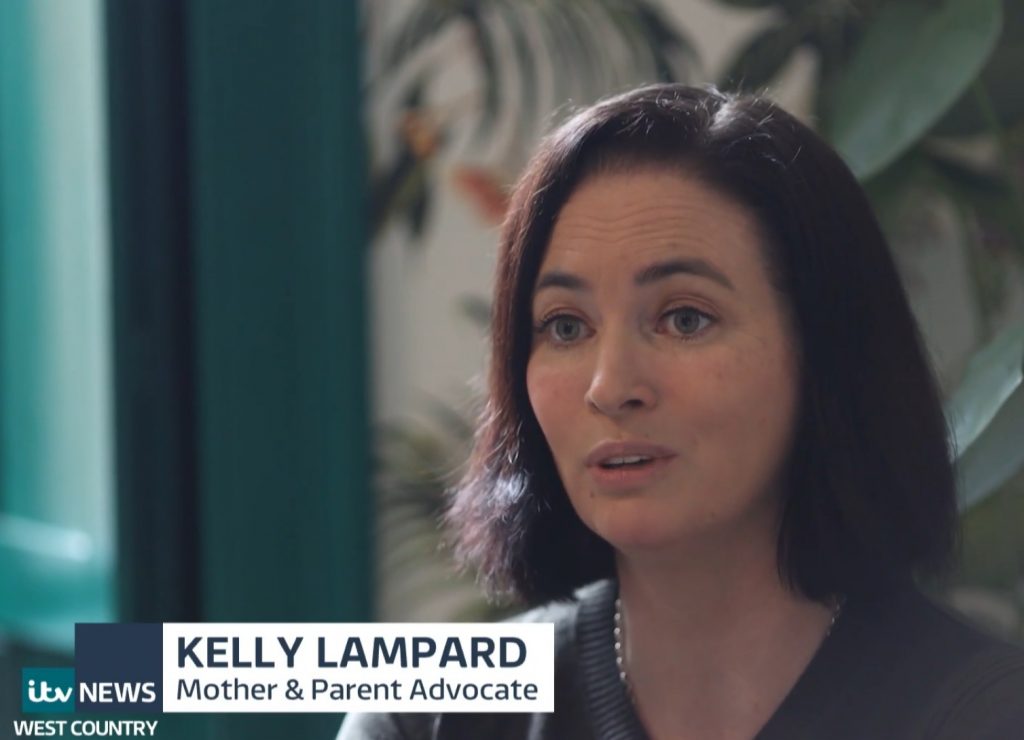Securing your future
If you’re divorcing, separating or dissolving a civil partnership you also need to decide how to divide any shared money, property, and other assets or debts. Not only does this ensure financial certainty for both parties (and any children of the relationship) moving forward, but it also means that neither can make a claim against the other’s assets or estate at any point in the future.
At Bath Family Law we know this can seem a little daunting, especially when you’re struggling with all the emotions of a relationship ending – so let our team of family law experts take the weight off your shoulders.
From advising you on your rights, to gathering and disclosing all the relevant information, we can help you reach a mutually agreeable, fair and equitable settlement that meets your individual needs, as well as the future needs of your children. If necessary, we can also involve other professionals, such as mediators or independent financial advisors. Once agreement is reached, we can draft a legally binding Consent Order and lodge it with the family courts.
You do an amazing job with clients like me that are emotionally broken and useless at paperwork.
Ms J
Frequently asked questions
Assets are not automatically split 50/50. The court takes a fairness-based approach, considering both party’s needs and circumstances. Factors include:
- Length of the marriage
- Each party’s income and earning potential
- Property and other assets (including pensions and savings)
- Contributions made (financial and non-financial, such as childcare)
- The needs of any children.
The goal is to achieve a fair outcome, which may or may not mean an equal split. We can help you assess what a fair division might look like in your case and assist you to prepare the necessary documentation. Alternatively, we can help you prepare the best case for a judge to make the appropriate division.
You may be able to stay in the family home after separation. This is case specific and dependant on the needs of any children, your financial situation (and ability to maintain payments), the financial situation of your former spouse, and alternative housing options for everyone.
The court can order that the home is sold, but they can also make a Mesher Order to postpone any sale until after a trigger event (such as the children of the relationship turning 18). For more information about this, book a free consultation with our team.
A Consent Order is a legally binding document that confirms a financial agreement reached between divorcing spouses. Without it, your former partner may still be able to make a claim against you years later. It is approved by a judge, even if you never went to court. We can help you prepare and submit the relevant paperwork, ensuring your settlement is properly recorded and enforceable.
While unmarried couples cannot make their agreements into a Consent Order in the same way, a Financial Separation Agreement is still a useful tool and can be made enforceable through other civil means.
Yes, and it’s often the best approach. You can reach a financial agreement through:
- Direct negotiation between yourselves
- Mediation
- Assisted negotiations with a McKenzie Friend or legal adviser
- Arbitration.
Once agreed, married couples can apply to the court for a Consent Order to make it legally binding. This avoids the stress and cost of court proceedings, whilst still giving your agreement legal weight.
A Clean Break Order is a type of Financial Order that severs all financial ties between you and your ex-spouse after divorce. Once approved, neither party can make future claims against the other’s income, property, pensions, or estate. Even if there are no assets now, a Clean Break Order protects you from future claims.
A Clean Break Order isn’t just for cases where there are no assets to divide. Your Financial Agreement or Consent Order can contain multiple clauses dividing out certain assets first, and then end with a Clean Break Order to ensure all loose ends have been tied up.
If your ex-partner fails to comply with a court-approved Financial Order (for example, doesn’t transfer property or make payments), you can apply to enforce the order through the court. Many orders will have guidance on how it can be enforced or have a penal notice attached.
If you need to enforce an order, it is important to note down the breach or failure and seek legal support as soon as possible.
A Financial Remedy Order is legal jargon for an order that relates to the matrimonial finances. Common orders under the umbrella of financial remedy include:
- Property Adjustment Order (transfer or sale of a property)
- Lump Sum Order (lump sum to be paid from one spouse to another)
- Pension Sharing Order (division of pensionable assets)
- Periodical Payments Order (maintenance payments for a child or spouse)
- Clean Break Order (official severance of financial ties to your spouse now and into the future)
- Many others under the Matrimonial Causes Act 1973.
If you can’t agree on finances, it may be necessary to apply for a financial remedy through the court.
If you’re not married you don’t need to divide all your finances. However, there are still legal avenues you can take to divide joint assets such as property. You will need to work under the Trusts of Land and Appointment of Trustees Act 1996 (commonly referred to as ToLATA), rather than the Matrimonial Causes Act 1973.
Under ToLATA, you can seek an order to sell, transfer, or keep your home depending on your circumstances. The process is a civil claim that starts with a pre-action protocol letter or letter before claim.














